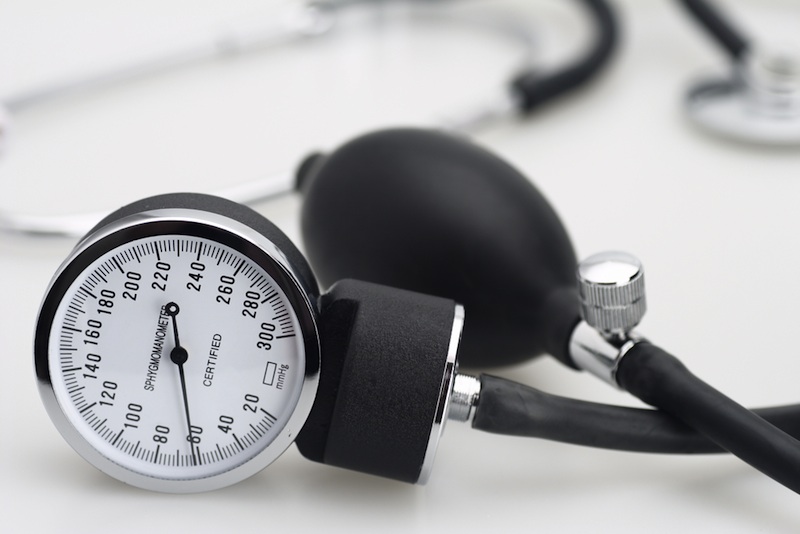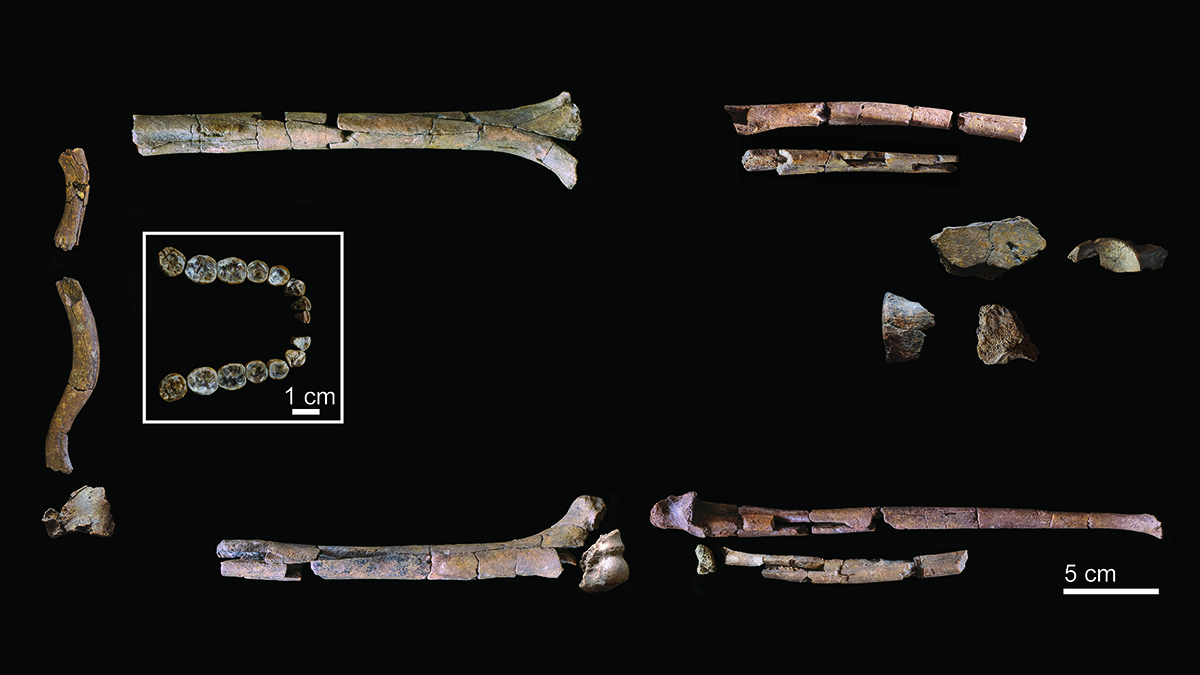Some Blood Pressure Drugs May Raise Breast Cancer Risk

Taking one type of high blood pressure medication might increase women's risk of breast cancer, a new study suggests.
The researchers found women in the study who had been taking calcium-channel blockers to treat high blood pressure for more than 10 years were 2.5 times more likely to have breast cancer, compared with women who did not use blood pressure medication, or who used other types.
"While the results are intriguing, we really need to wait until we see confirmatory studies before we make any kind of recommendations," said study researcher Dr. Christopher Li, an epidemiologist and breast cancer researcher at Fred Hutchinson Cancer Research Center in Seattle.
"People should absolutely not stop taking their medication," Li said.
About 1,900 women with breast cancer participated in the study, as well as about 850 women with no cancer who served as the control group. The researchers didn't find a link between an increased breast cancer risk and other types of high blood pressure medications, such as beta-blockers or diuretics, according to the study published today (August 5) in the Journal of the American Medical Association.
Medications for treating high blood pressure, called antihypertensives, are the most commonly prescribed drugs in the United States with an estimated 678 million prescriptions filled in 2010, including 98 million prescriptions for calcium-channel blockers, the researchers said.
"This is not the first time that the specter of a link between [calcium-channel blockers] and breast cancer risk has arisen," Dr. Patricia Coogan,professor of epidemiology at Boston University, wrote in an editorial accompanying the study in the journal.
Get the world’s most fascinating discoveries delivered straight to your inbox.
But previous studies had yielded mixed results. They did not have a sufficient number of participants, or did not investigate long-term use of antihypertensives. The new study "is a very well-done study and therefore there appears to be a hypothesis that now needs to be confirmed," Coogan said.
The study shows a link, but does not prove a cause-and-effect relationship between the drugs and breast cancer.
The evidence "is not at the stage where women should be panicking about taking these drugs," Coogan told LiveScience.
Calcium-channel blockers work by slowing the movement of calcium into muscle cells, which dilates blood vessels, reduces the force of the heart's contractions and slows the heartbeat.
In deciding which drug to use to treat a patient's high blood pressure, doctors may consider how the patient responds to different medications, and their other conditions.
"There are people who don't tolerate some of the other classes of medications, and respond well to calcium-channel blockers," said Dr. Randy Wexler from the Ohio State University Wexner Medical Center, who was not involved in the study.
"We still have to look at things in terms of the overall risk. Don't forget that heart disease is still one of the biggest problems in the United States," Wexler said.
However, if patients are concerned, and because there are several classes of hypertensives, patients can certainly discuss their options with their physician, and look into alternative blood pressure treatments, Wexler said.
The next step in the current research would be to look at more groups of people who take blood pressure medications, as well as to better understand the underlying mechanism by which the calcium-channel blockers may affect cancer risk, the researchers said.
"Antihypertensives only came on the market in the past few decades, so there has not been sufficient number of long-term users of these medications," Li said.
"We are now getting to the point where we have enough people who've been exposed to these medications for long periods of time to evaluate such long-term potential risks," he said.
Email Bahar Gholipour. Follow LiveScience @livescience, Facebook & Google+. Original article on LiveScience.com.

 Live Science Plus
Live Science Plus





